
Our pups might be fine after eating a couple slices, but dogs shouldn't eat pickles because they're made with ingredients like garlic that can make them sick.
That's according to The Vets' Alejandro Caos, DVM. Your dog might be no worse for wear after eating a piece of pickle, but there's no reason to risk it. Especially when you have other, better options.
"My advice would be: Forget the pickling altogether," Caos says. "Just give cucumbers."
Here's what else you need to know about dogs eating pickles:
We make pickles by soaking cucumbers in a liquid compound and adding spices, and that's why dogs shouldn't eat them. We love what gives the pickles flavor, but those additives can really endanger our dogs.
Top of the list? Onions and garlic, two ingredients you'll find in plenty of pickle recipes. They're both Allium species, which are toxic to dogs and can cause anemia. Anemia occurs when dogs' blood lacks red blood cells or hemoglobin. Caos also warns that the Allium plants' toxicity can also attack your dogs' kidneys.
Then you have all the other ingredients like vinegar, cinnamon, sugar, and plenty of salt. In small amounts—especially what ends up on a single pickle slice or spear—these ingredients probably won't hurt your dog, but they're definitely not healthy. (It doesn't matter if it's a bread and butter pickle, dill pickle, or sour pickle. Keep them all clear of your dog.)
"Those herbs and those spices, those can also be detrimental to their health," Caos says.
These additives also pose additional dangers to dogs already dealing with a health issue like pancreatitis or obesity. In particular, too much sodium can exacerbate underlying heart disease, high blood pressure, or dehydration. If a dog eats a large amount of pickles in a short period of time, they can develop hypernatremia, or high blood sodium levels. Hypernatremia can lead to vomiting, loss of balance, and seizures.
Pickles are not good for dogs, but your pup snagging a piece off the counter probably isn't going to hurt them, Caos says. That's especially true for larger dogs who eat smaller pieces of pickle, thanks to their greater digestive fortitude. So don't panic.
As you keep an eye on your dogs, look for signs that they might be dealing with a reaction to the pickle's toxicity. Those include:
If you see any of those signs, it's a good idea to call your veterinarian and schedule a visit. Caos also recommends the ASPCA Poison Control Center if you'd like an expert to consult you over the phone.
Remember, dogs in most cases will be able to eat pickles without any issues. They just shouldn't eat them as a precaution.
Pre-pickled pickles—cucumbers—are a much better treat for your dog, Caos says. The low-calorie fruits contain fiber and tons of water, making them excellent snacks for overweight dogs who don't need any more treats.
But you should still consult with your veterinarian before introducing a new food into your dog's diet. Our pups should be getting most of their daily nutrition from their regular dog food, and you don't want to disrupt that.
Plus, each dog reacts to new food differently, so you'll want to start small, only giving your dogs teensy amounts of cucumber (or a different vegetable) to begin.

10 Obscure, Little-known Canine Facts in Honor of National Dog Day
With National Dog Day upon us, it's time to celebrate everything about our favorite pets—even the weirder stuff. Here are 10 obscure facts about dogs you probably didn't know.
Exploring the Different Types of Pet-Friendly Beaches
Are you looking for pet-friendly beaches? Learn about the different types of pet-friendly beaches, their locations, and tips for visiting them with your pet.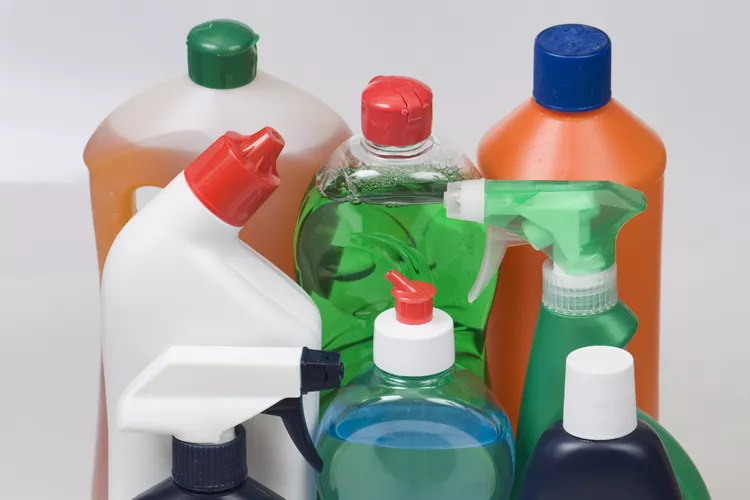
Toxic Chemicals & Household Items That Can Poison Dogs
There are many things in and around your home that can endanger your dog. Learn which chemicals and household items can poisin your dog.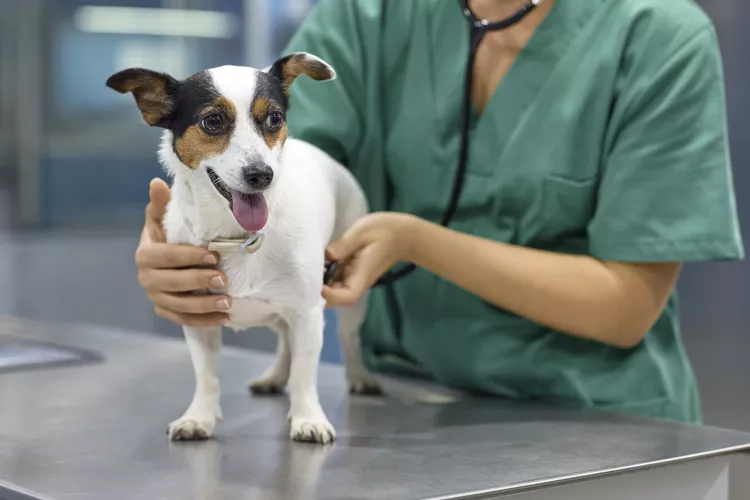
Bronchitis in Dogs
Is your dog coughing and feeling unwell? It could be due to respiratory inflammation called bronchitis. Learn the causes, treatment, and prevention.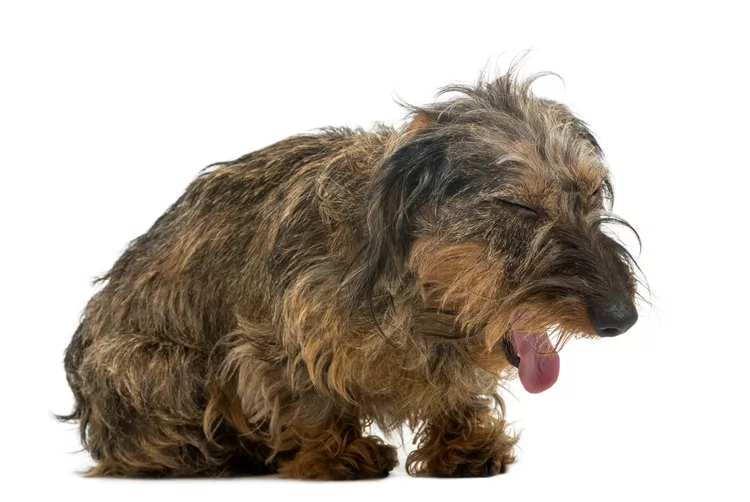
Choking in Dogs
A dog can occasionally swallow something incorrectly and start choking. Find out how you can tell if your dog is choking and what you can do about it.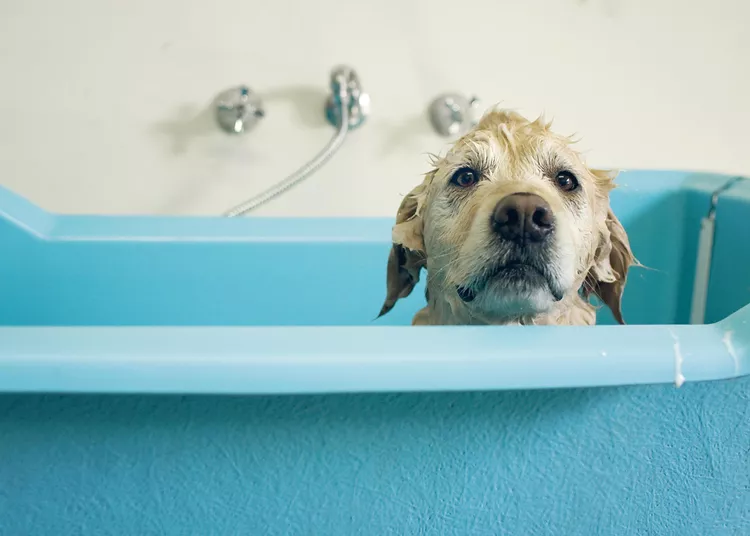
Why Does My Dog Smell So Bad?
Does your dog smell? Find out what could be causing these unpleasant odors and if it's something that needs more than just a bath to fix.
Is Rosemary Safe for Dogs?
Rosemary is used both for cooking and as a supplement with many reported health benefits in people, so you may be wondering if it is safe to give to your dog. Rosemary is considered non-toxic for dogs but with some caveats.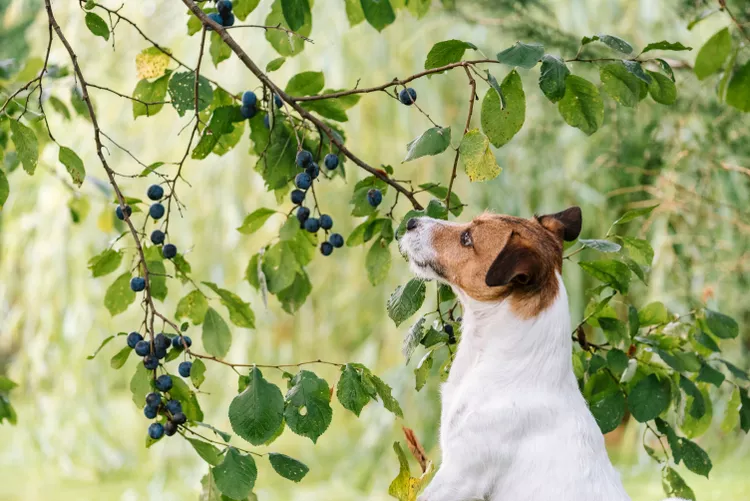
Can Dogs Eat Blueberries?
Dogs can safely eat blueberries. Blueberries are packed with nutrients and can be a great addition to your dog's diet when fed in moderation. Learn more about the benefits, risks, how to incorporate blueberries into their diet, and other fruits dogs can eat.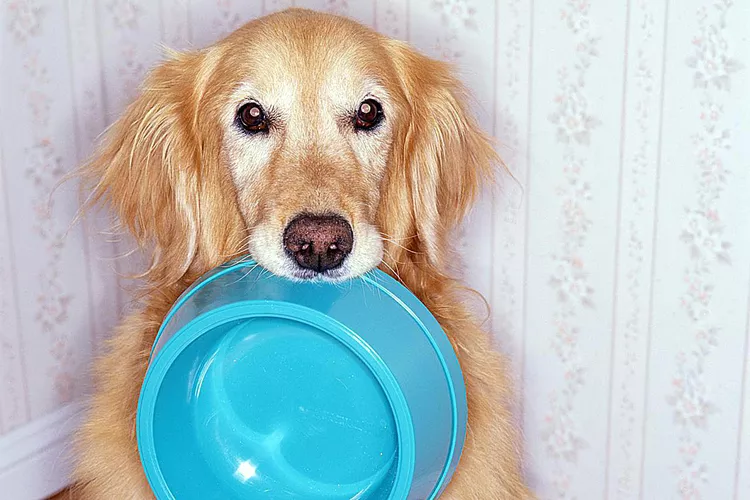
Dog Food Basics
Are you feeding your dog the best way possible? Check out these dog feeding tips to keep your dog healthy and happy.
Swedish Vallhund: Dog Breed Characteristics & Care
The Swedish vallhund makes for a high-energy and affectionate companion. Learn about the breed's history, health, exercise needs, and more.
Becoming a Show Dog: Getting Started
Do you have the perfect puppy? Have you considered showing her in a dog show? There's much more to showing than showing up! Here's how to get started.
How to Care for a Hairless Cat
Hairless cats make great pets but they aren't without their own challenges and requirements. Read on to learn how to best care for your furless feline.
British Shorthair: Breed Profile, Characteristics & Care
The British Shorthair is a calm, affectionate cat that looks and feels like a plush teddy bear. Here's what you need to know about this popular breed, including appearance, temperament, health, and care.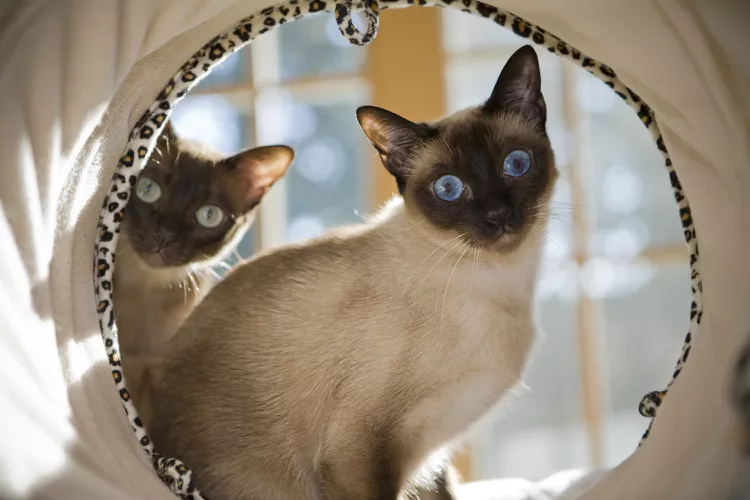
Tonkinese: Cat Breed Profile, Characteristics & Care
The Tonkinese cat is a perfect mix of the Siamese and Burmese—smart, sociable, and sweet. Learn about the Tonkinese breed.
How to Stop Your Cat From Chewing Electrical Cords
Cats are known to pounce and attack inanimate objects, like electrical cords. Learn how to prevent your cat from ambushing objects that may harm it.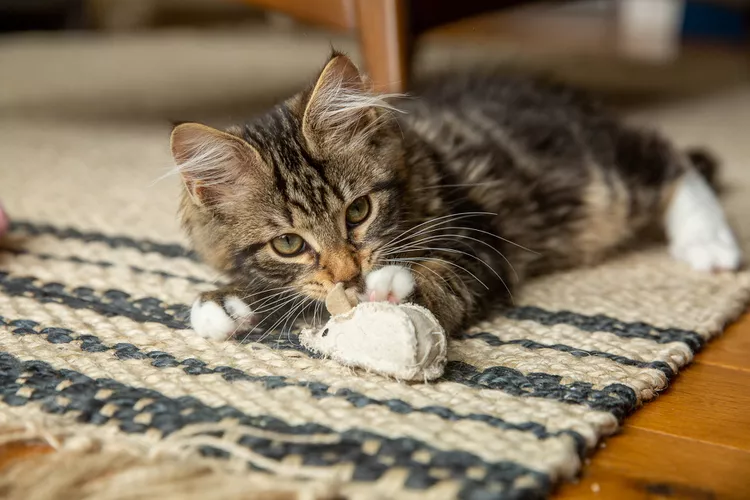
How to Stop Aggression in Kittens
Kittens may show aggressive behavior for several reasons. Sometimes their play gets too aggressive while other times the kitten is afraid or upset. Learn how to spot and curb aggression in kittens.
46 Egyptian Cat Names
Whether inspired by notable Egyptian deities, locales, or pharaohs, Egyptian cat names can bring out the divinity of your noble feline companion.
How to Tell If a Kitten is a Boy or a Girl
If you're wondering whether your new kitten is a boy or a girl, here are three ways to help determine the sex of your cat.
Signs Your Cat Is Aging and When to See the Vet
Expect some changes when your cat ages. Learn to differentiate between normal and potential medical problems for your elderly cat.
Coronavirus in Cats
Feline coronavirus (FCoV) rarely harms cats but can lead to another life-threatening illness. Learn the causes, treatment, and prevention.